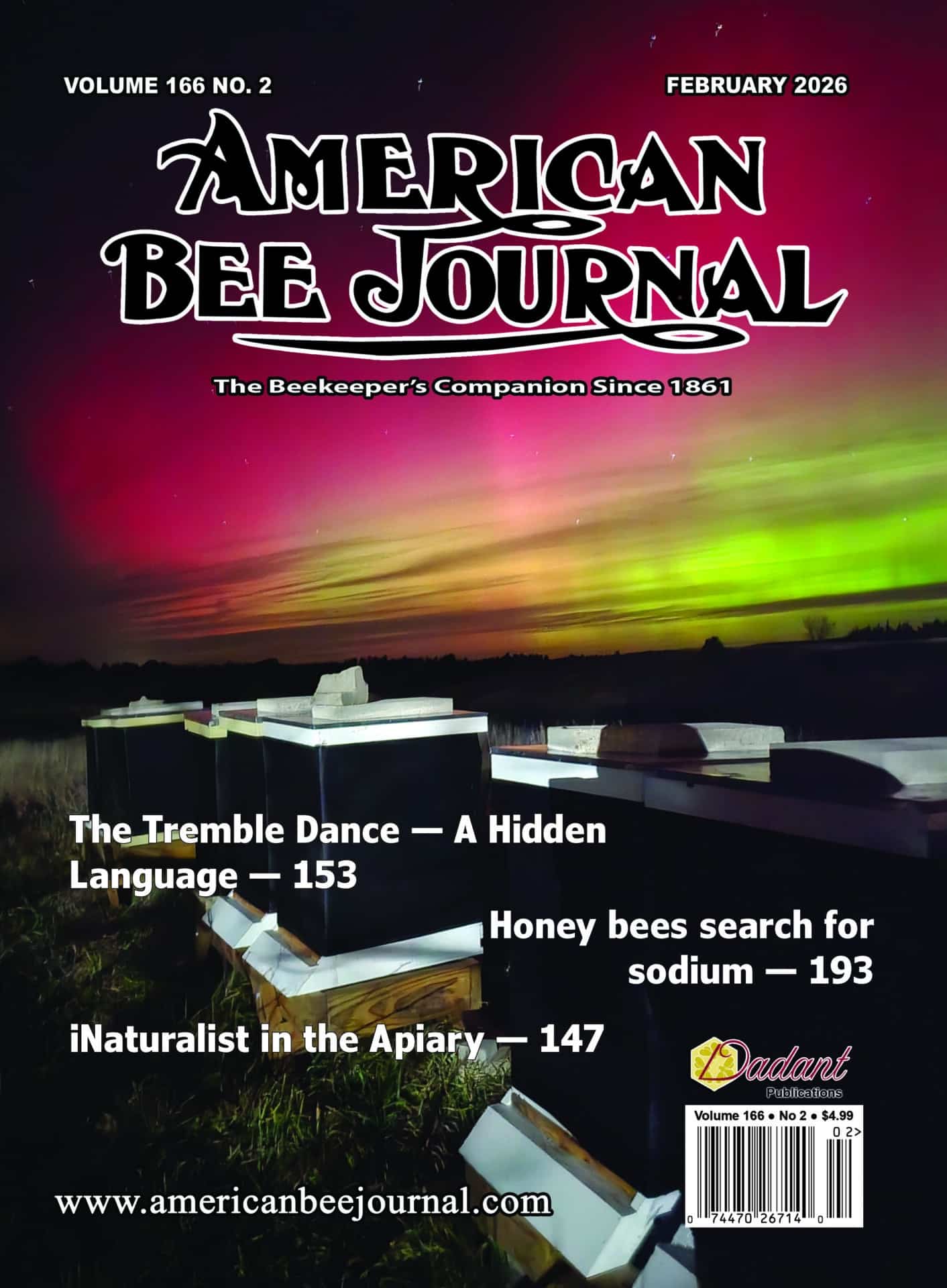Q AFRICANIZED HONEY BEES
Many moons ago, you may or may have not written a letter to a queen breeder in Arizona about the queens mailed to a beekeeper in FL, who, as I recall, ended up with such “hot” hives, he had to call in reinforcements from your department to help him deal with them.
The story I heard was that the bees tested as Africanized honey bees (AHB), and you asked the queen breeder nicely to cease and desist from sending any more queens to the state of Florida. I’d like to ask you for a copy of this letter under strict Non-disclosure agreement (NDA), if required, so I can, in confidence show it to a couple who want to buy some of those queens this spring to head up some hives here in New York City. I’d rather not have AHB in NYC. Many of beekeepers in the area look to me to use my charming personality to keep things on an even keel in such close quarters, so you know I need help here.
Thanks!
NYC Beekeeper
A
Since I left the Florida Department of Apiary Inspection several years ago, I have no idea where that letter might be. Because I haven’t done it for a while, I googled “African bees Arizona” and the most recent article that came up was http://www.al.com/news/index.ssf/2015/06/killer_bees_plague_arizona_in.html. Nothing has changed. The search indicated approximately 1,200,000 results. What does that tell you?
Honey bee mating takes place in the open air in areas that attract drones from miles around. These are locations virgin queens seek out to mate with the 20-40 drones. If you are mating honey bee virgins in a region, locale, state which is 100% Africanized honey bees (AHB), what would you expect to get?
My recollection of what I told the queen breeder was the above, which is known, and to not ship ANY queens into the State of Florida without prior analysis of the colonies and the progeny of the first generation of the queens intended to be sent. This business stopped shipping because they knew they would not pass the test. What has happened since I left, I don’t know. It’s a dumb idea to import honey bee queens mated in AHB areas. Somebody is going to get hurt.
Q MORE ON AFRICAN BEES
I am a novice beekeeper in south-central Texas with three top-bar hives. Here is my question: How do you go about re-queening a hive colony when you cannot find the queen bee in the mass of bees in the hive? Can I introduce a new queen without removing the old queen from the hive? Thank you for your service.
Anthony Manfre
A
Anthony, the queen in a honey bee colony is the only sexually developed female in the colony generally. As such, she is critical to hive survival specifically and to save, spread and add the genetics of that colony to the general population around them. Because of her fundamental survival importance to the colony, she has certain odors and tastes that are unique to her and recognized by the thousands in the colony as their queen and their queen only. If she is alive and well and another queen with different odors and tastes that are new and foreign is placed in the colony, the bees will respond by killing the intruder. Soooo, for successful requeening, finding the old queen is imperative.
If you are trying to requeen in south central Texas where you have lots of grumpy African Bee genetic introgression, that is a great plan, but please use your smoker. And, with African Bee traits the bees are prone to be very active, run and scurry around which makes it very hard to find the queen if she is not marked. If you can’t find her by taking each and every frame out and looking closely and slowly using your smoker, then there is …


